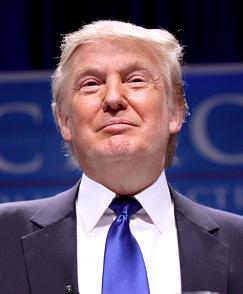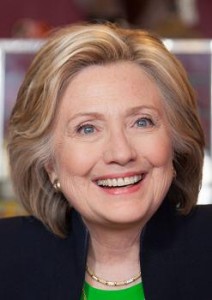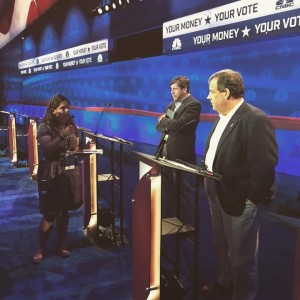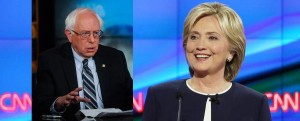This is mark Joseph “young” blog entry #344, on the subject of Is It O.K. Not to Make a Statement?.
Recent events have raised this question in my mind.
I don’t want to discuss the political issue; I want to discuss the discussion. There are many people on one side and very few on the other, and the people in the majority–or at least the loudest group–appears to be of the opinion that no one is permitted to be quiet. Everyone is required to agree with them or face consequences.
That’s how we get polarization, and the major issue with polarization is that everyone stops listening to the other side and compromise and progress become impossible.
And there are innocent victims along the way.
The Origins Game Fair, one of the longest-running major game conventions in the United States (old enough that the original Dungeons & Dragons game was debuted at it, and that was a minor incident in its ongoing history), faced with the problems of the COVID-19 virus, cancelled its event, the annual June game convention in Columbus, Ohio. Efforts were progressing toward holding a massive online convention.
That has now been cancelled due to the Black Lives Matter protests.
The official reason seems to be something like (and I’m paraphrasing hearsay) it would be inappropriate to do something as frivolous as celebrate games during this time in which people are being horribly oppressed based on race.
The unofficial reason seems to be something like (and now I’m paraphrasing gossip) that people supporting the Black Lives Matter movement were pressuring this non-political corporation to make a statement in support of the movement, and when the non-political company chose to remain non-political the supporters of the movement began a boycott.
Well, the official reason is, if that’s actually it and you’ll forgive the expression, bull droppings. Following its logic, and recognizing that someone-or-other has been oppressed for centuries, it would never be appropriate to celebrate anything good. Cancel Thanksgiving; it is inappropriate to celebrate the abundance of the harvest as long as there is still oppression in the world. But oppression of blacks and black poverty is much improved since half a century ago–and yes, I was there.
Besides, it has long bothered me that black poverty is made such an issue when there are so many impoverished whites living alongside them. I looked up some statistics online (got 2018 numbers), and there are one and three fourths white people below the poverty line for every black–15.7 million whites, 8.9 million blacks. That turns out to be a larger percentage of the black population, and you will get that statistic thrown at you quite a bit, because as Mark Twain once said, “There are three kinds of lies: Lies, Damn lies, and Statistics.” Yes we need to do more to help impoverished blacks; fundamentally, though, we need to do more to help impoverished people. We need to understand that lives matter, and color doesn’t.
But in my mind the issue is not the issue. Sure, I support protesters speaking out for better treatment for blacks. I further think that those who for some reason want to protest against this (I can’t think of one right now) should organize intelligent counter-protests and not, as is allegedly happening, attempt to sabotage the peaceful protests of their opposition. What I find objectionable is this outside-the-protest pressure on people who would prefer to remain neutral, insisting that they take sides in the debate and declare themselves, and so offend one side or the other, or be deemed an enemy of the movement and a target for reprisal.
This, though, seems to be the new strategy of public debate. Not so long ago when it was still possible to question global warming there were honest scientists threatened with losing funding and positions if they didn’t toe the line and join the global warming brigade. That was not the only time it has been done. To recall the words of Justice Oliver Wendall Holmes:
Persecution for the expression of opinions seems to me perfectly logical. If you have no doubt of your premises or your power and want a certain result with all your heart you naturally express your wishes in law and sweep away all opposition….[but] the ultimate good desired is better reached by free trade in ideas–that the best test of truth is the power of the thought to get itself accepted in the competition of the market, and that truth is the only ground upon which their wishes safely can be carried out.
So hold your opinion. Hold it strongly and express it loudly and clearly.
But accept that there are people who don’t hold your opinion, or don’t hold it as strongly, or don’t wish to be identified with one side of an issue, and have some human decency and respect and let them hold their opinion or keep it to themselves, as they prefer. Demanding that they take sides publicly on a publicly controversial issue is more than just rude, it’s a violation of our Constitutionally protected rights.




